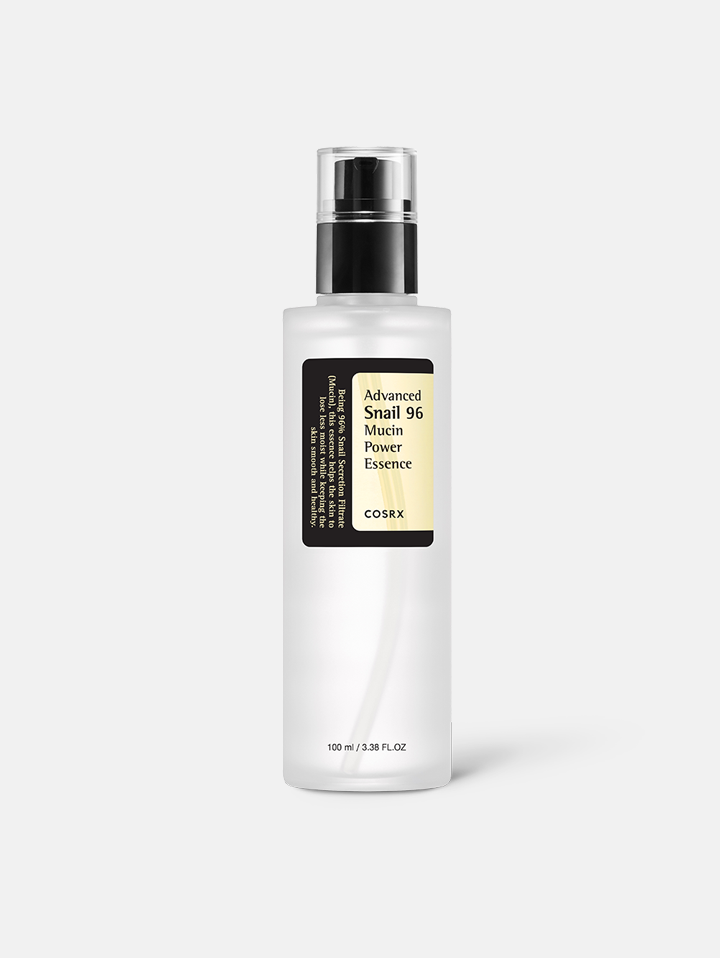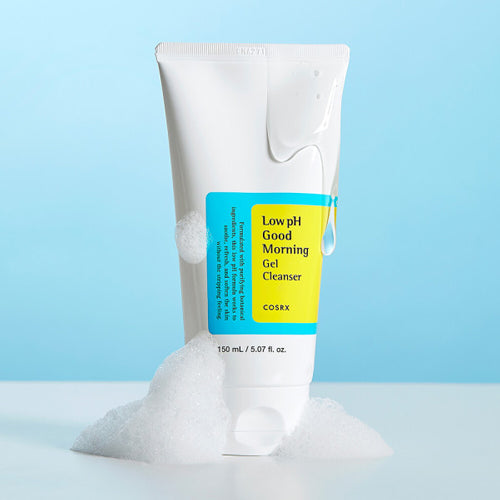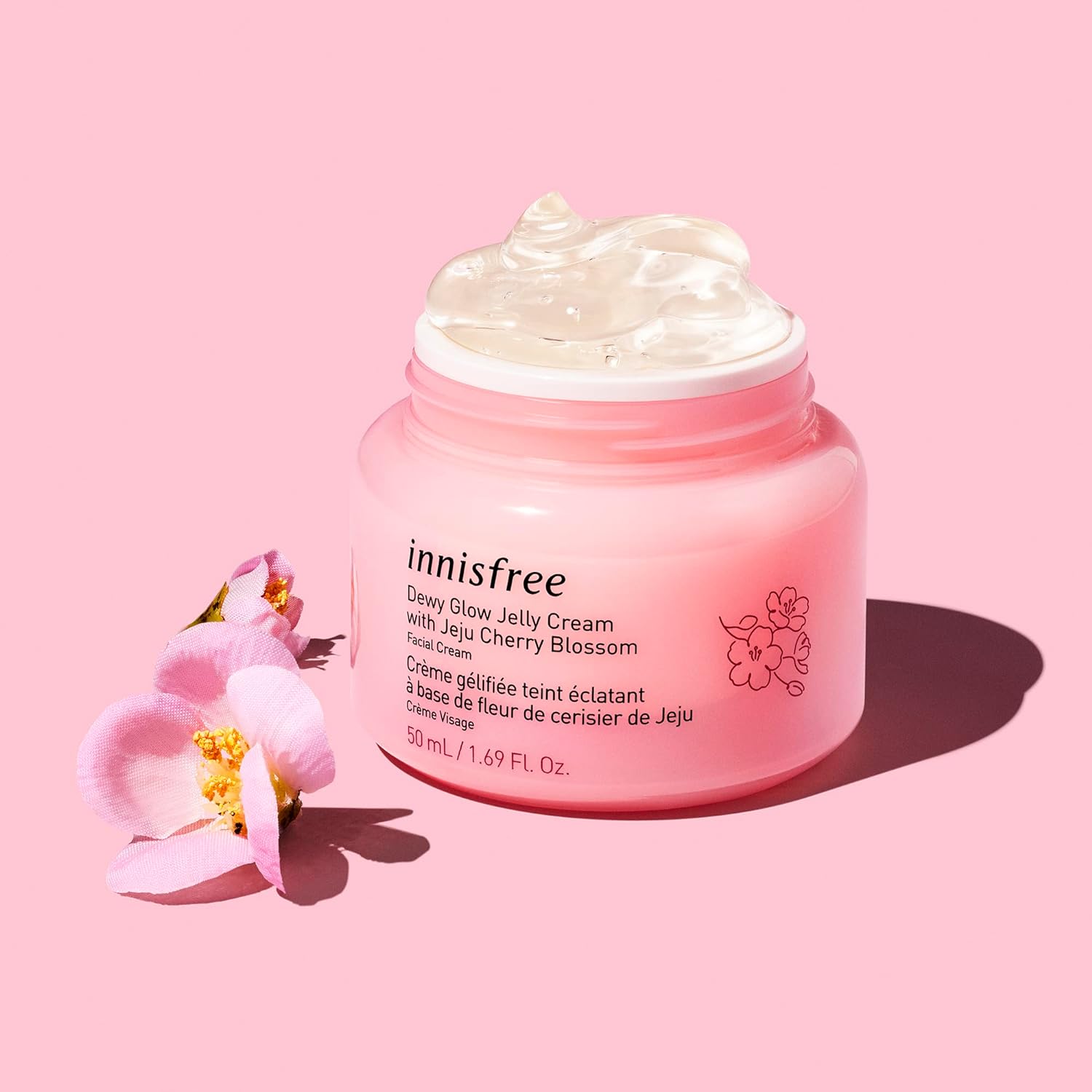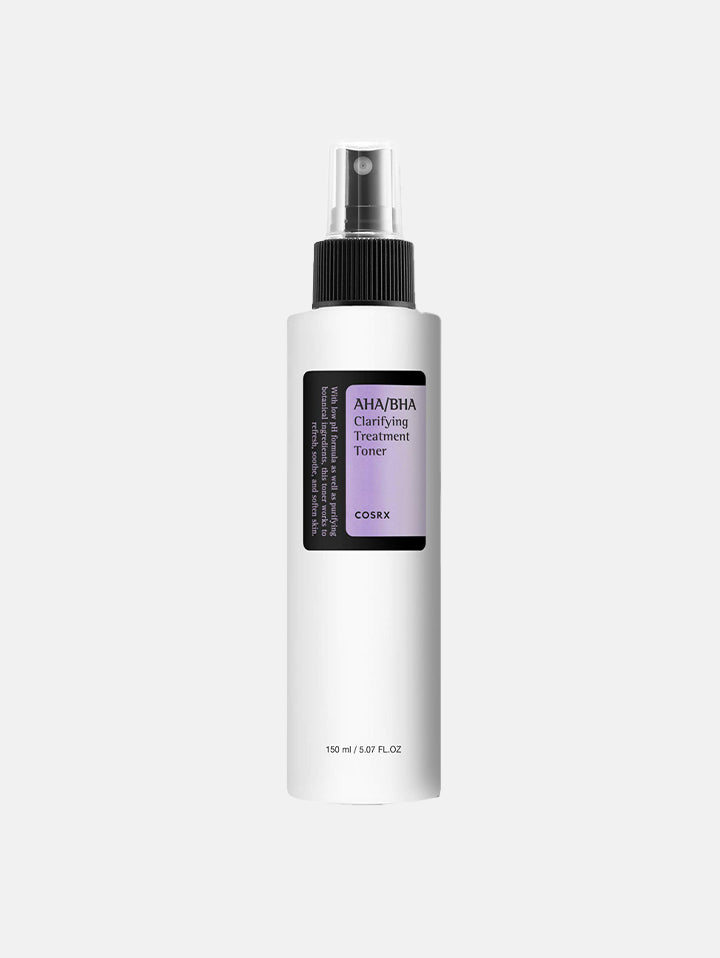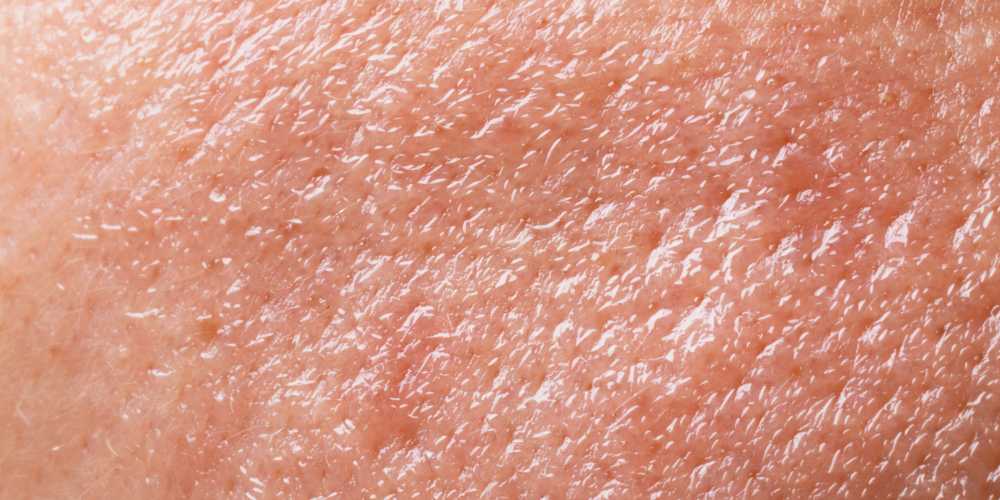
How does sensitive skin differ from other skin types?
Sensitive skin tends to react more strongly to environmental factors, skincare products, or even internal conditions compared to other skin types. Here are some key ways in which sensitive skin differs:
-
Reactivity: Sensitive skin is more prone to reactions like redness, itching, stinging, or burning when exposed to certain triggers such as harsh ingredients, fragrances, weather changes, or stress. Even minor changes can provoke a response.
-
Tolerance: It has a lower tolerance for various factors like temperature changes, certain fabrics, skincare products, or even certain foods. This intolerance can lead to discomfort or visible reactions.
-
Fragility: The skin barrier in sensitive skin might be compromised, making it more vulnerable to external aggressors. This can result in increased dryness, flakiness, or susceptibility to irritation.
-
Prone to Allergies: Sensitive skin is more prone to allergic reactions or irritation from specific ingredients commonly found in skincare products, such as fragrances, dyes, preservatives, or certain acids.
-
Inflammation: Inflammation is a common occurrence for sensitive skin, leading to persistent redness or discomfort even without an obvious trigger.
-
Management: Managing sensitive skin often requires extra care and attention. It involves using gentle, hypoallergenic products, avoiding known triggers, and maintaining a consistent skincare routine to minimize potential irritants.
Understanding these differences helps in choosing the right skincare products and routines tailored to sensitive skin, reducing the likelihood of adverse reactions or discomfort.
